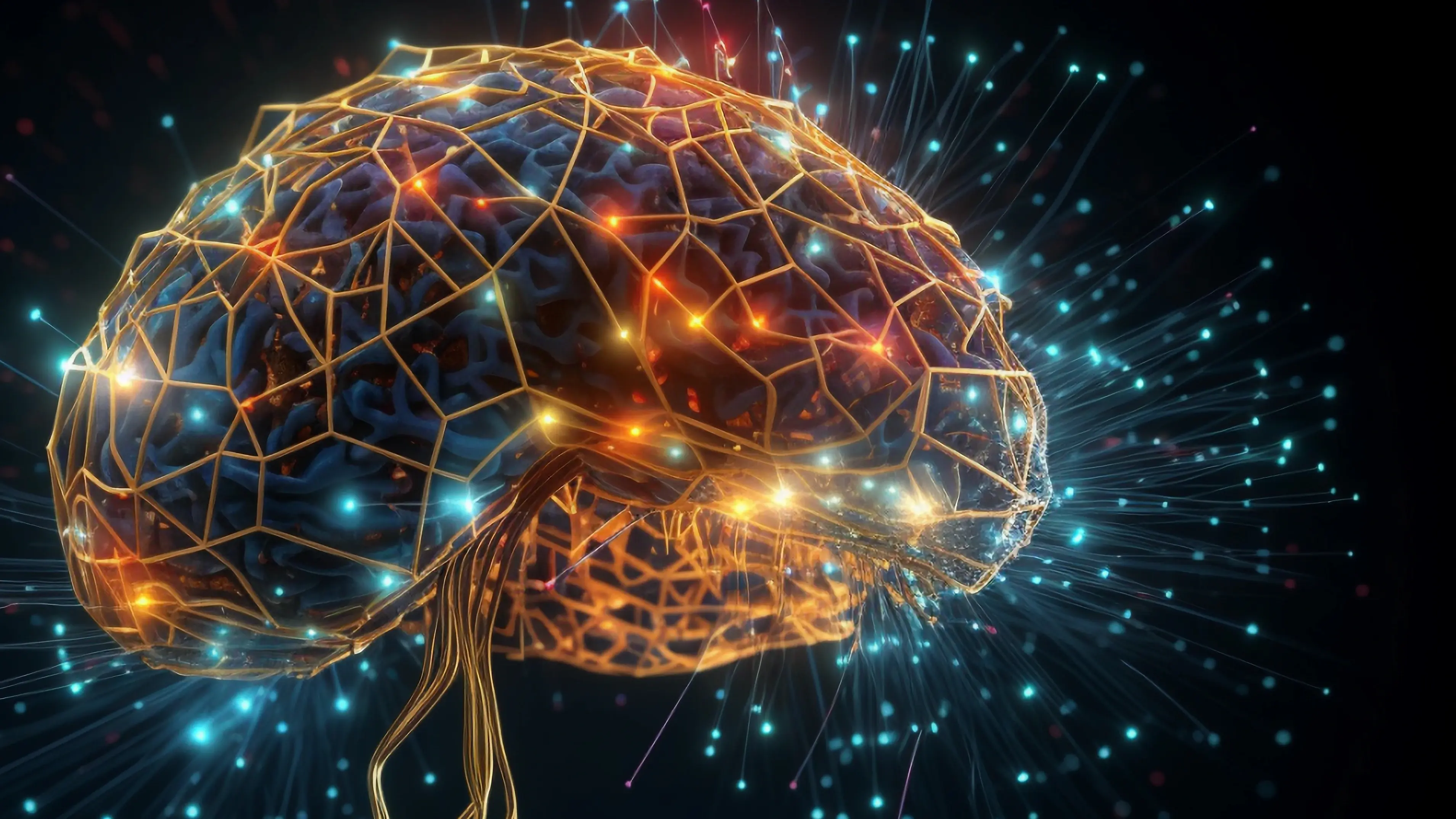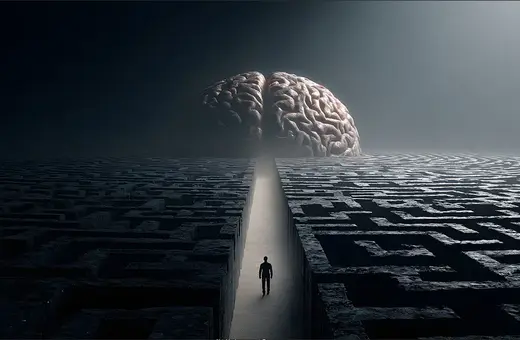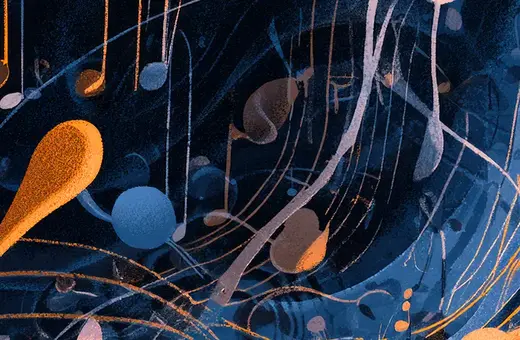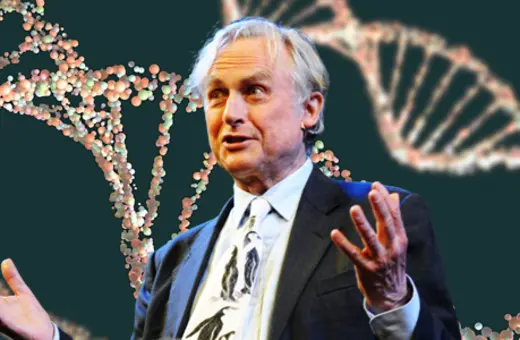From Aristotle to Darwin and Schrödinger to Marie Curie, understanding life has been a scientific and philosophical goal since humans were first able to conceptualise their subjectivity. Sam McKee argues that there is no point in searching for life in other worlds when we do not know what it is on our own planet. Many a debate today centres around a dispute over the definition of life, whether that be abortion politics, assisted suicide or evolutionary biology. McKee argues that we must focus on the definitional question of life before we look for it elsewhere, and to do so we must ask new questions.
I sat recently with a Mars rover engineer, who was enthusiastically sharing with me the search for life’s signature on the surface of the red planet. As a board member of the Mars Society UK, these engineers and astrobiologists are our eyes and ears. On the drive home, it struck me how difficult we seem to find it today to define life: whether that be in evolutionary biology in a Linnaean manner, in the politics of an abortion debate, or in philosophy in the ongoing disputes over whether we possess free will or moral agency. The new humanist calls for assisted suicide show our struggle over those that are functionally living, yet not maintaining a quality of life as they had previously been. Life is both a present reality and something of a spectrum that is hard to pin down.
Yet eighty years ago, Schrödinger launched the question with such clarity and confidence that it arguably inspired the molecular biology revolution of the 1950s. Francis Crick and James Watson, Nobel Laureates who solved the structure of the DNA double helix in 1953, both credited Schrödinger’s 1944 work What is Life? as having inspired them to tackle the problem. This work was bold and ambitious, providing a sense of enthusiasm that the key to the problem was only a short distance away. Linus Pauling, who had earlier won his own Nobel prize in chemistry for elucidating the nature of chemical bonds, then remarkably predicting (and then discovering) alpha helices, also entered the race for the DNA structure with his typical exuberance. By hypothesising the question of life, Schrödinger may have contributed more than anyone else to the genesis of molecular biology. Following the Second World War, the exodus of physicists into biology (like Crick) hastened this effect.
Schrödinger’s work is still pertinent today, theorizing over many philosophical quandaries with how life works, and the seeming contradictions between the physical mechanisms of life and thermodynamics.
But what is the nature of life, and why does the question matter? The question remains in the air, but what progress have we made from his ideas?
Perhaps the answer lies in utility. Darwin’s Origin of Species increased the hunger and speculation for the discovery of the nature of heredity. Shortly afterwards Mendel launched genetics as a discipline. The parallels with Schrödinger here are obvious. So is the race to discover the nature of life valuable for its usefulness in discovering adjacent mechanisms, the questions within its orbit?
___
What is the point of searching for life in other worlds when we do not know what it is on our own? Then the question of whether we are alone in the universe becomes moot.
___






















Join the conversation